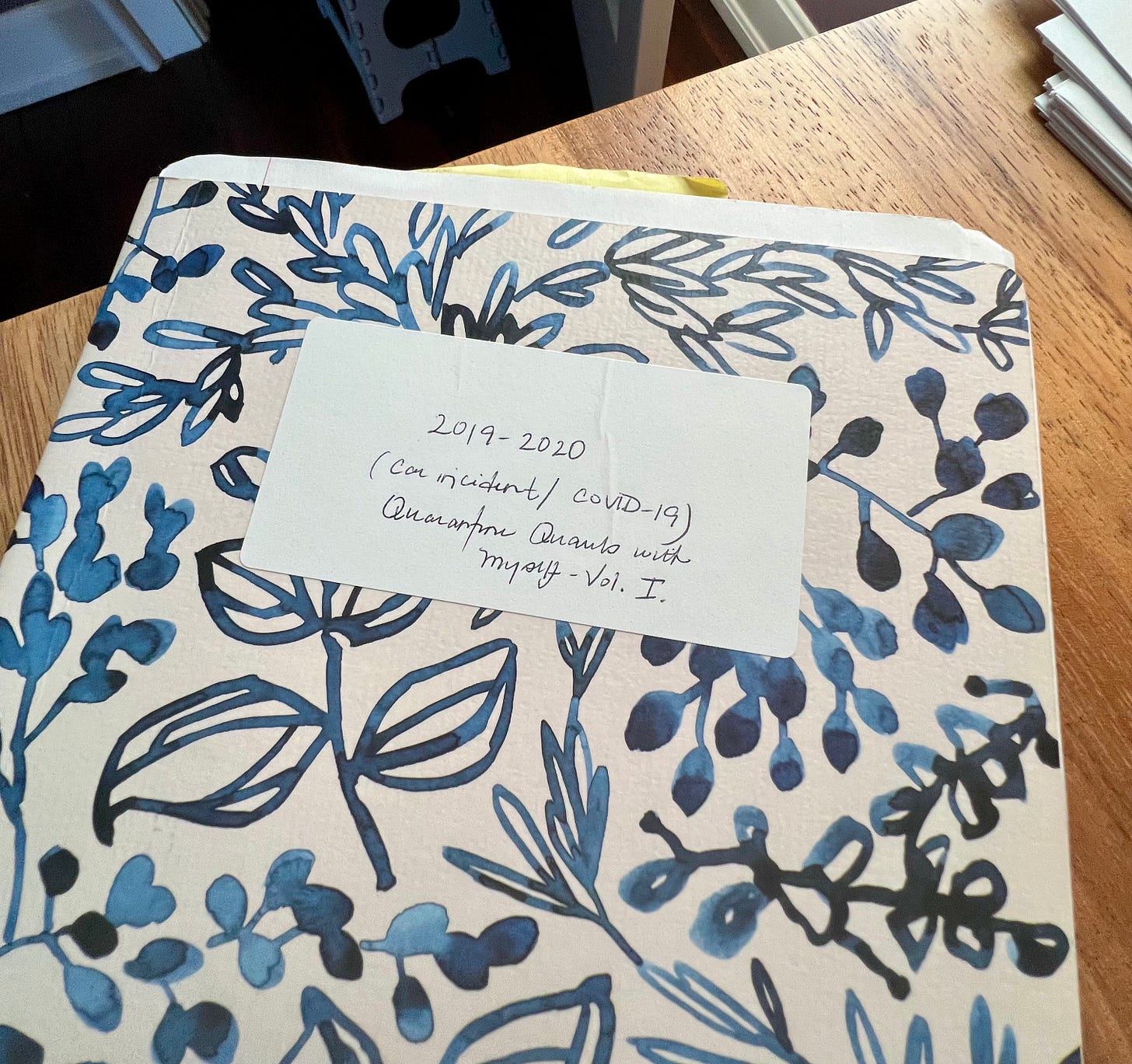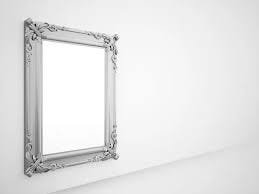When the pandemic struck in March, 2020, I started keeping a journal. The writing didn’t stop until the day of my second vaccine, on my sister’s birthday, on Day 389. The same sister who spent her pandemic life inside a nursing home. Many of us kept journals, as civilians diarists had done during World War II. Writers are no strangers to keeping multitudes of diaries. I have a “shovel buddy” whose sole job is to burn mine when I’m gone. My pandemic diaries, Quarantine Quarrels—with Myself as they were titled, are the lone exception.
So much lies ahead of us with the current US administration dismantling all we hold dear—park systems, veterans’ administration, our commitment to being a melting pot, or what the new Canadian PM called Canada a “mosaic,” a term I prefer. “Melting pot,” presumes we’ve been tossed into a pressure cooker to boil over. Because all our desires to achieve dreams through free speech, thought and discourse, and even religion (read about Georgetown Law’s fight for their Jesuit values), those desires that are being, are part of the uniqueness colors and edges we each bring to the nation.
Despite the above preoccupying our energy, have we failed as a people, as humans, to look back and learn from the pandemic? Perhaps it’s a collective amnesia about Covid, or our laziness, or our inability to find the right words for what a friend of mine might call a “great interruption” or the “anthropause” to this decade and century, that has caused our blinders to stay in place.
Never one to shy away from tough emotions, I went back find out who I was during the pandemic. To set the stage: a memoir about caregiving for my mother released six months’ prior, a car hitting me on an early morning walk, the dreaded recovery, rehabilitation, and restoration. And the shutdown.
*
3/13/2020 (1)
It seem auspicious (or suspicious) to begin a diary/journal/diatribe on Friday, the 13th, on a day which I find myself oddly free of obligations. I was supposed to be in a recording studio, as I had parsed out the essays of I’ll Have Some of Yours, and figured I would need Friday for our final recording session (of the audio book). But I, an overachiever in all things in life that don’t count, had miscounted and concluded the day before.
So, after my morning walk and therapy exercises, I sat at home immersed once more in Mom’s story in my voice, making notes on audio edits. My voice, ick. Loved her story, still hated my voice. I hear how I sped through the opening chapters—nervous, wanting to bypass my jumble of words and my grief, not understanding the true level of professionalism required. I’d always thought I could do it all—without having to practice first.
Where did that come from? The need/the want to be like my sister, but not understanding she was gifted/or perhaps she really did practice to be good at tap/baton/her social network/public relations work.
I worry about her now, in a care home. Is she safe from the virus that will surely touch us all in some way? I want to touch her. Were our desperate hugs meant to hang on to some part of who we were?
Downtown is rather quiet for a Friday afternoon as I walk to get my haircut [I forgot that had been on my list that day, surely I wore a mask]. Even a few days later, a haircut might seem like a luxury in terms of thought—thinking we are free and invincible. Instead, that is the virus.
I am fortunate to understand the notion of invincibility. But how did it become such a common word (and virtue)? Its opposite is vincible, to be overcome or subdued. Vincible never made its way into our everyday vernacular.
The word itself, vincible, has its Latin origin/definition in vincere, and the word victory. To be victorious. How did we arrive at this contradiction in our vocabulary—and our lives?
I will close [the entry] with our long Friday night walk. Down to the river. We always head downhill. The water beckons and soothes. There are couples out for walks. We will all meet on pavements, bridges, etc. The bar at Taste of Belgium, which should have been prepping for St. Patty’s Day, was prepping to be slow. The bartender’s parents, the only other couple. Mark drank a Belgium beer. I slugged down a Sauv blanc. And we both ate a few frites.
Strolling back through Over-the-Rhine, we were stunned by the closeness of patrons seated inside Bakersfield, and Pepp and Dolores. No one sat six feet apart. Suddenly, we felt like interlopers, looking upon millenials who could not be stilled, still thinking they were invincible. We did too.
The only thing we had victory over that night was our appetites. We ate at home, reminding ourselves that the best meals now will come from need—and not want.
*
As I read and re-read the passage, the word invincibility stood out for me. What also struck me was our level of ignorance and even hypocrisy that accompanies that ignorance. And the privilege of it all.
In admitting that, I find myself to be a better person for having seen this in myself, looked back, and claimed the above.
Perhaps it’s not the grief that scares us, in mourning what was lost during that time. It’s the fear of seeing who we really were. Forced to look in the mirrors around our homes all day, we saw ourselves as the most feral of all living things - animals in need of food, shelter and water. Many times, we behaved as such.
I selected my nudge word of the year as EVOLVE. Humans have taken thousands of years to do so. I’m asking myself to once again do something with little practice and patience, like my sister’s baton lessons. Evolve. I’m asking this of you too. Perhaps it’s only for a moment a day. But anything is possible. Look at all we overcame through the pandemic. Let us grieve those persons we were by glancing again in the mirror, peer closely. Do you see a creature you don’t recognize, or do see so much gratitude for the gifts we were given to grow?
Next post, Part II.
What am I reading and writing?
Scientists also took a look at human behavior during the pandemic. Here are their top 15 lessons they learned about us.
Stone Yard Devotional and Isola. Both novels explore isolation in vastly different environs and times. I highly recommend each. One is mere rapture, the other, a meditation.
My freelance practice continues. Recently, Writer’s Digest published my writing advice: Hot Guys Don’t Journal - Hot Writers Do.
Edible Ohio Valley has published The Charms of Cornmeal and an article about the new Reka’s Butchery and Deli in Covington, Kentucky. Teaser: Reka’s has a connection to Italy, go figure. Find a newstand here to pick up an Edible Copy, or order a copy.
March 12 – Lloyd Library. The Impact of Plants & Nature-Based Supplements on Breast Cancer Treatment. My husband and I are pleased to support the Lloyd Library as they present this program on breast cancer in conjunction with two renowned physicians, Jen Manders, breast cancer surgeon, and Julie Specht, a breast cancer oncologist, from The Christ Hospital. Visit here to register.
April 1 – National Italian American Foundation, Ambassador magazine: NIAF on Location: Cincinnati. Visit: https://www.niaf.org/. Details coming soon.
April 16 – Caring for the Caregiver writing experience, Alois Alzheimer Center. 1 – 3 p.m. Email: amjwick@gmail.com for details.
April 19 – Contemporary Arts Center Creative Writing Project. Runs 8 weeks. Sign up now!
May 10 – Climate Writing Workshop. My colleague Elaine Olund leads this climate writing workshop as part of Studio Kroner - All Else Pales - 2.
May 13 – Caring for the Caregiver writing experience. Giving Voice Foundation with Pauletta Hansel and Annette Januzzi Wick. In-person. Free. Continues with three other sessions. Sign up here.
August 12 – Caring for the Caregiver writing experience. Giving Voice Foundation with Pauletta Hansel and Annette Januzzi Wick. Virtual. Free. Continues with three other sessions. Sign up here.
November 14 – Caring for the Caregiver writing experience. Giving Voice Foundation with Pauletta Hansel and Annette Januzzi Wick. In-person. Free. Continues with three other sessions. Sign up here.









